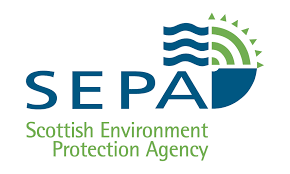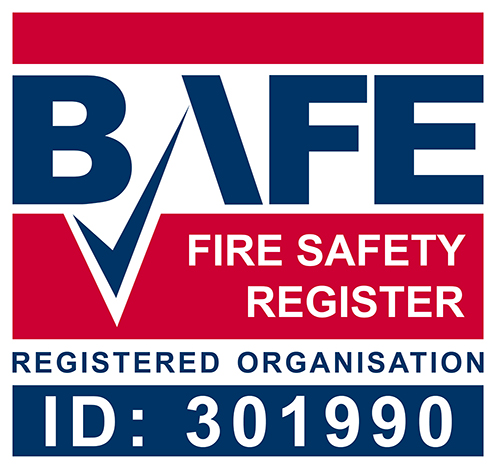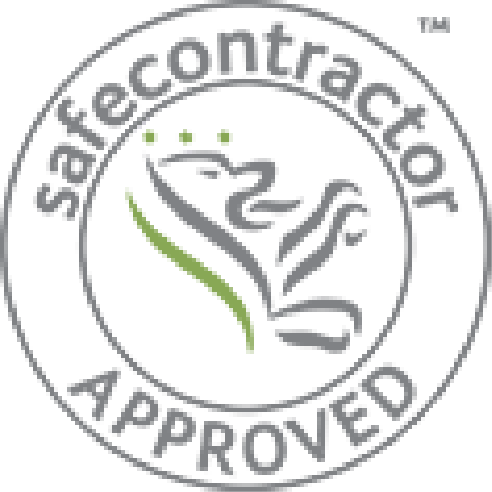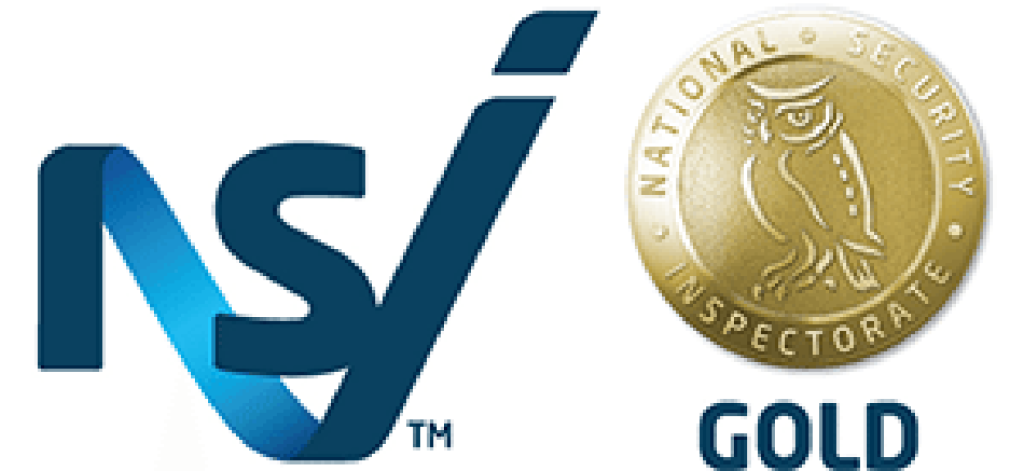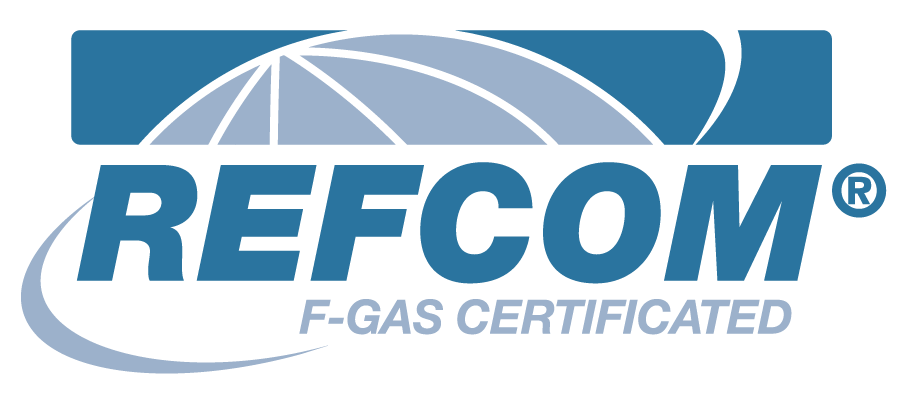The 3 questions every business needs to ask before taking the CCTV plunge
By Graham McMonigle
With CCTV footage never far from the nation’s screens and as vital a tool for the police as DNA or fingerprints, the science of CCTV has come a long way from the old days of grainy and barely decipherable images.
Remote IP-networked solutions and facial recognition technologies have come on in leaps and bounds in recent years, with the latest advances such as Cognitec’s B9 algorithm boosting effectiveness significantly.
But, before deciding what system, if any, is best for your business, there are a number of questions companies need to ask themselves.
- What are the possible consequences of not securing your venues? Is your stock at risk from theft or fire? Or do you store more valuable or unique items, such as prototypes and patents that might be considered irreplaceable? In the worst case scenario, what are your disaster recovery plans? If you have no security in place, and no recovery plan, how would your business fare, were the worst to happen?
- Could a solid network of CCTV cameras be good for your business? Beyond the stability and peace of mind a good security system gives you, how much will it reassure your employees? Moreover, the knowledge that they are being watched has proven time and again to be a net boost for productivity and a powerful disincentive to workplace misfeasance.
- Are there any aspects of your business that could benefit from the powerful metrics and analytics that CCTV can provide? A robust system can provide irrefutable, time-coded data that can be integrated with time management software to reduce or eliminate false clock-ins, and gives managers more than just a snapshot of efficiency and productivity. In production line scenarios, CCTV can be the first warning of costly stoppages, or can allow first responders to be directed more effectively to the scene of a mishap.
Too many people consider precautions only after the worst has happened, and a good risk management strategy hinges on anticipation and prevention, rather than remedy. If this has given you pause for thought, get in touch with VWS, and let our 200 plus years of consolidated experience set your mind at ease.
Graham McMonigle is a Director at VWS and can be contacted on 01236 727233 or email grahamm@vwsip.co.uk.
